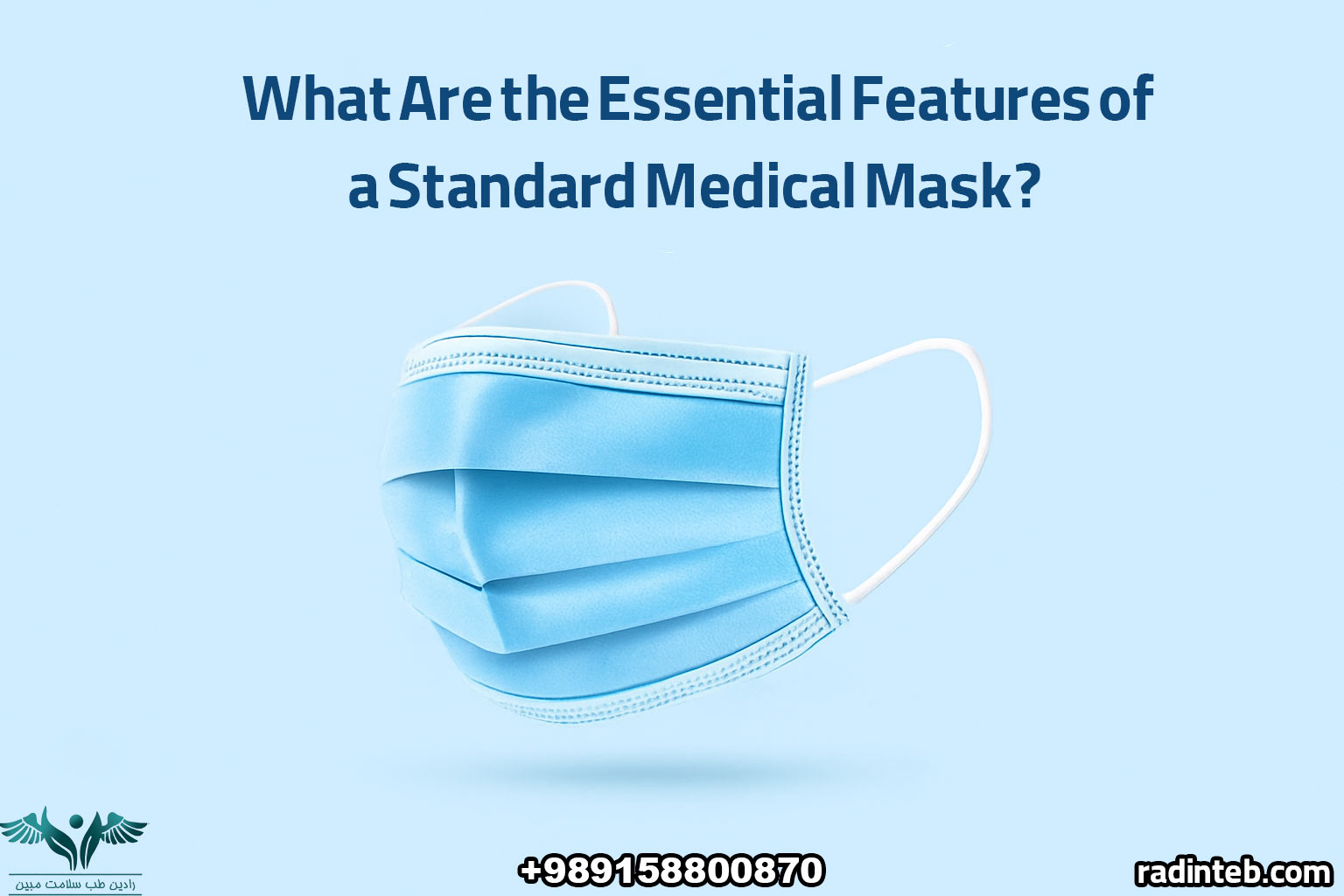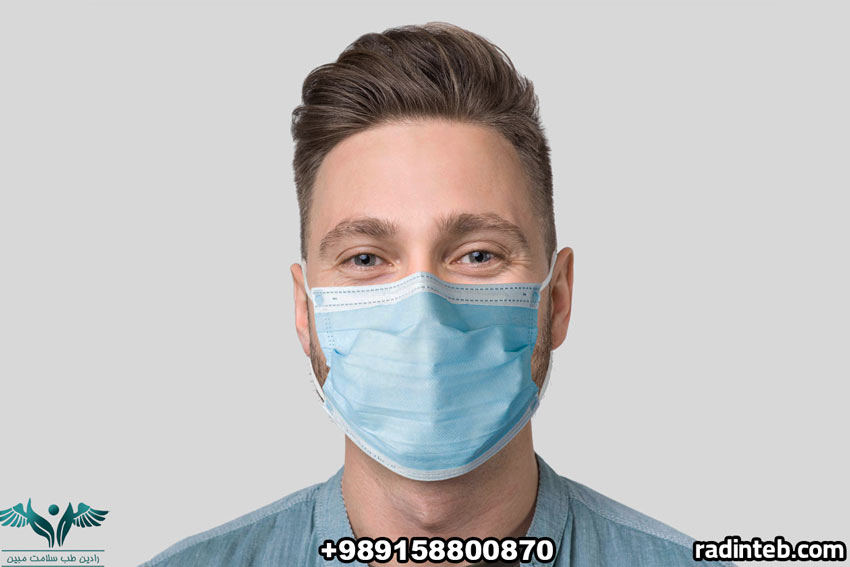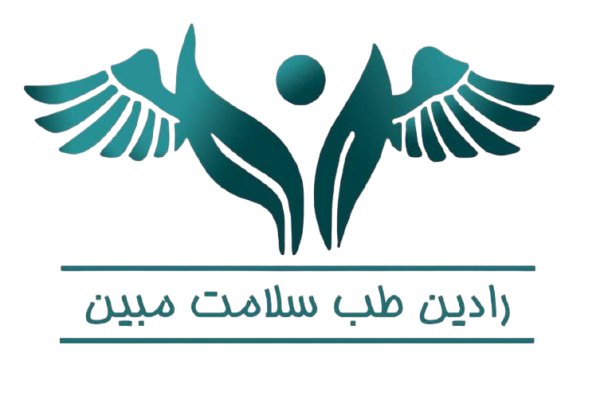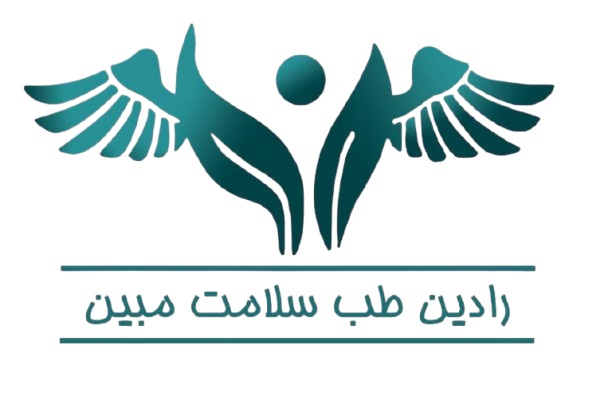
What Are the Essential Features of a Standard Medical Mask?
Introduction
Medical masks are among the most vital tools in maintaining health and preventing the transmission of infections in healthcare environments and public settings. However, not all masks are created equal. Understanding the characteristics of a standard medical mask helps ensure proper protection, comfort, and safety for both healthcare professionals and the general public.
1. Effective Filtration Efficiency
A standard medical mask must be able to filter out at least 95% of airborne particles, including viruses, bacteria, and droplets. This feature is especially critical in high-risk environments such as hospitals, clinics, and public transportation.
In particular, surgical and procedural masks should meet international standards like ASTM or EN to ensure reliable filtration.
2. Breathability and Comfort
While protection is the priority, comfort should not be compromised. A high-quality medical mask allows the wearer to breathe easily during extended use without causing discomfort or skin irritation. Masks are designed with breathable materials that reduce moisture buildup and overheating.
3. Hypoallergenic and Skin-Friendly Materials
A proper medical mask must be made from non-irritating, hypoallergenic materials to prevent allergic reactions or skin rashes—especially when used for long hours by medical staff. Moreover, the inner layer of the mask should be soft and gentle on the skin.
4. Fluid Resistance
One of the key features of a standard medical mask is its ability to resist fluid penetration. This protects users from splashes of blood, saliva, or other bodily fluids during medical procedures. As a result, testing labs certify fluid-resistant masks only after they successfully block high-pressure liquid splashes.
5. Secure Fit and Adjustable Design
To provide full protection, a mask should cover the nose and mouth completely and fit snugly without gaps. Masks with adjustable nose strips and elastic ear loops offer better fit and sealing. Therefore, a secure fit significantly reduces the risk of contaminated air entering from the sides.

6. Compliance with Health Standards
Standard medical masks should carry certifications from reputable health authorities such as the FDA, CE, or meet ASTM/EN classifications. These approvals confirm the safety, effectiveness, and performance of the mask. Medical masks are certified after passing multiple laboratory tests for filtration and resistance.
Radin Teb: Your Trusted Source for Certified Medical Masks
Radin Teb is proud to manufacture medical-grade face masks using advanced technologies and certified raw materials. Our products are designed with comfort, safety, and international health standards in mind. Whether for hospital use or public protection, Radin Teb offers you reliable and affordable solutions.
Frequently Asked Questions
1. What’s the difference between a surgical mask and a regular mask?
Surgical masks are made for medical environments, offering higher fluid resistance and bacterial filtration efficiency compared to regular cloth or disposable masks.
2. Can standard medical masks cause breathing difficulties?
In fact, manufacturers design quality medical masks using breathable materials and thoroughly test them to ensure they allow for normal breathing.
3. Are medical masks reusable?
Standard disposable medical masks are for single use. However, some models like N95 respirators may be reused under specific conditions if properly stored and sterilized.
4. Do Radin Teb masks have international certifications?
Yes. Radin Teb products comply with medical standards and come with necessary certifications for both local and international use.

